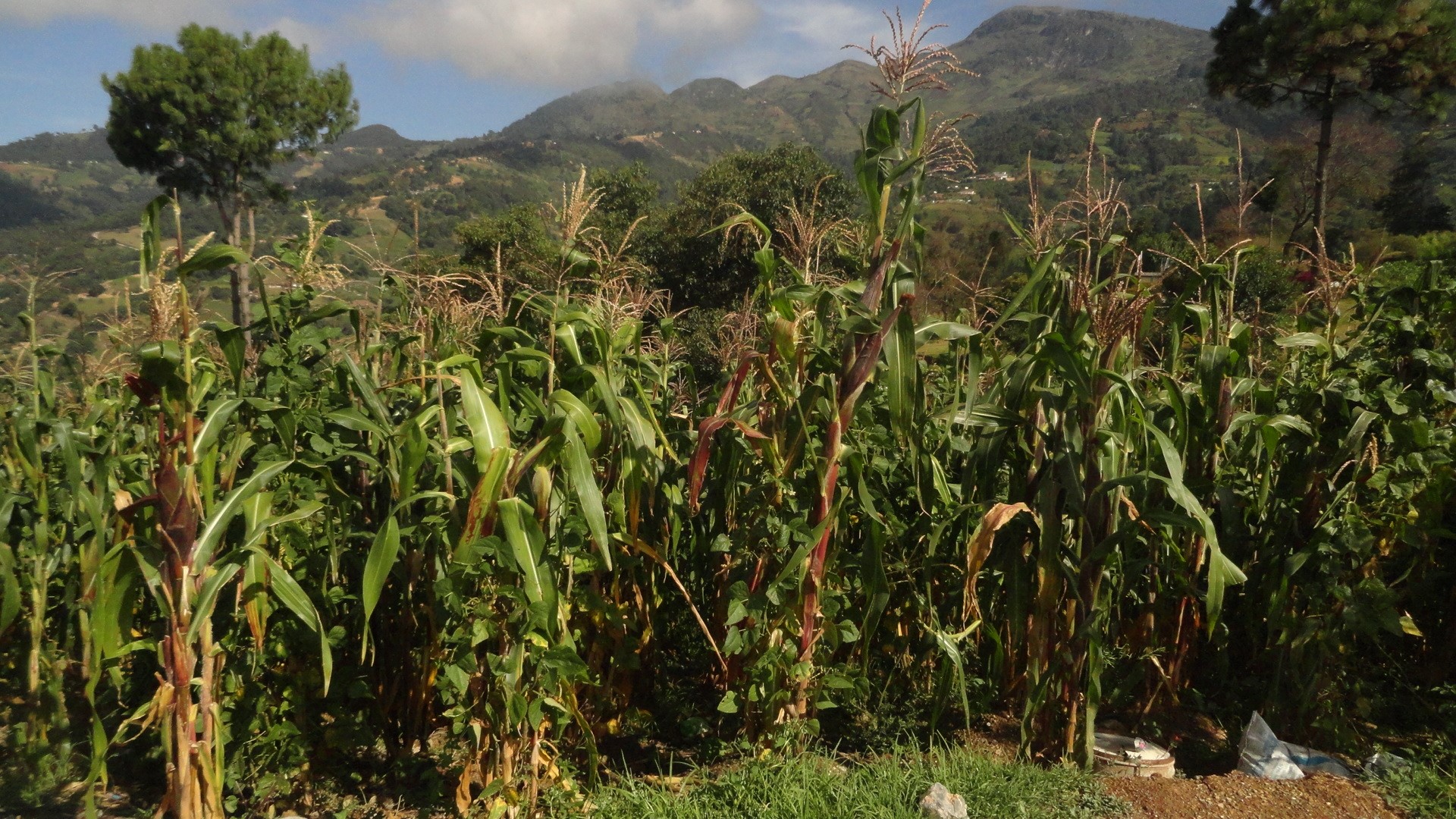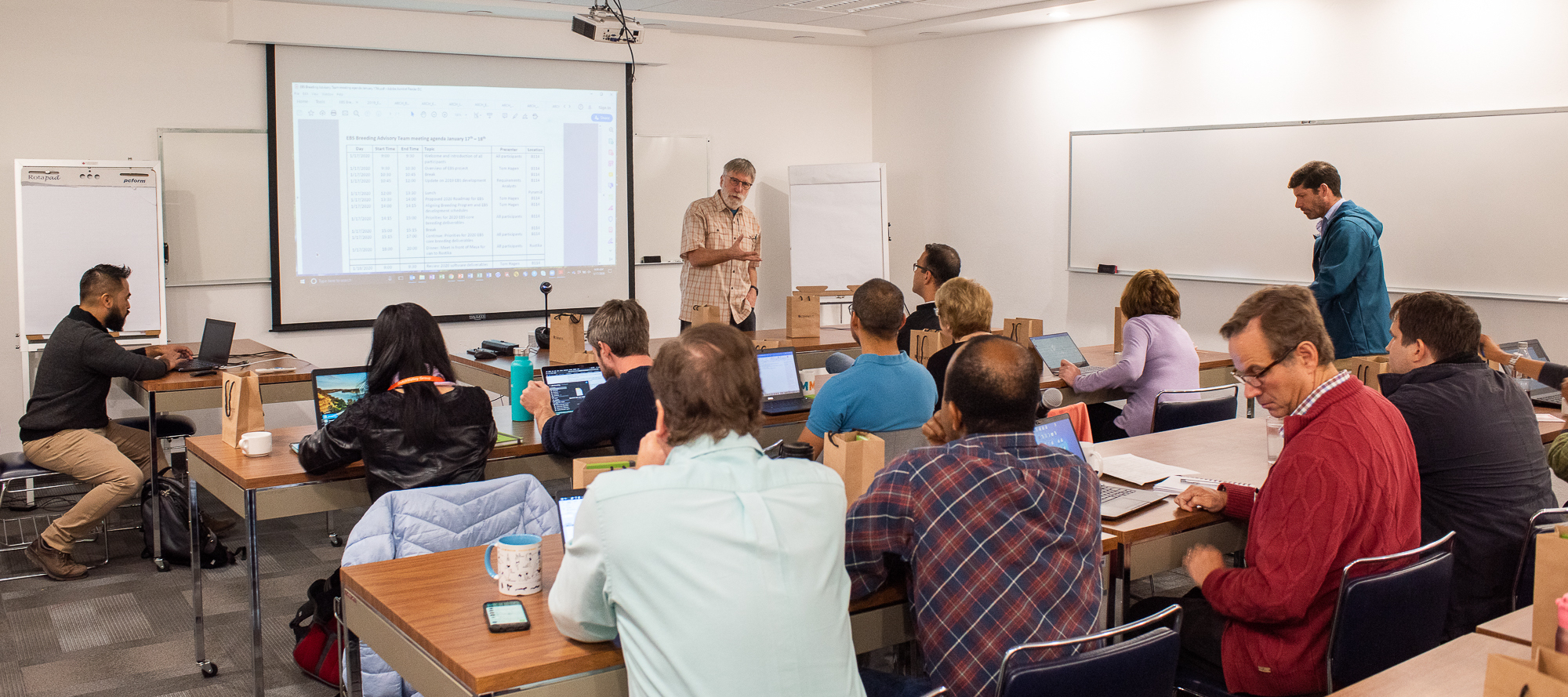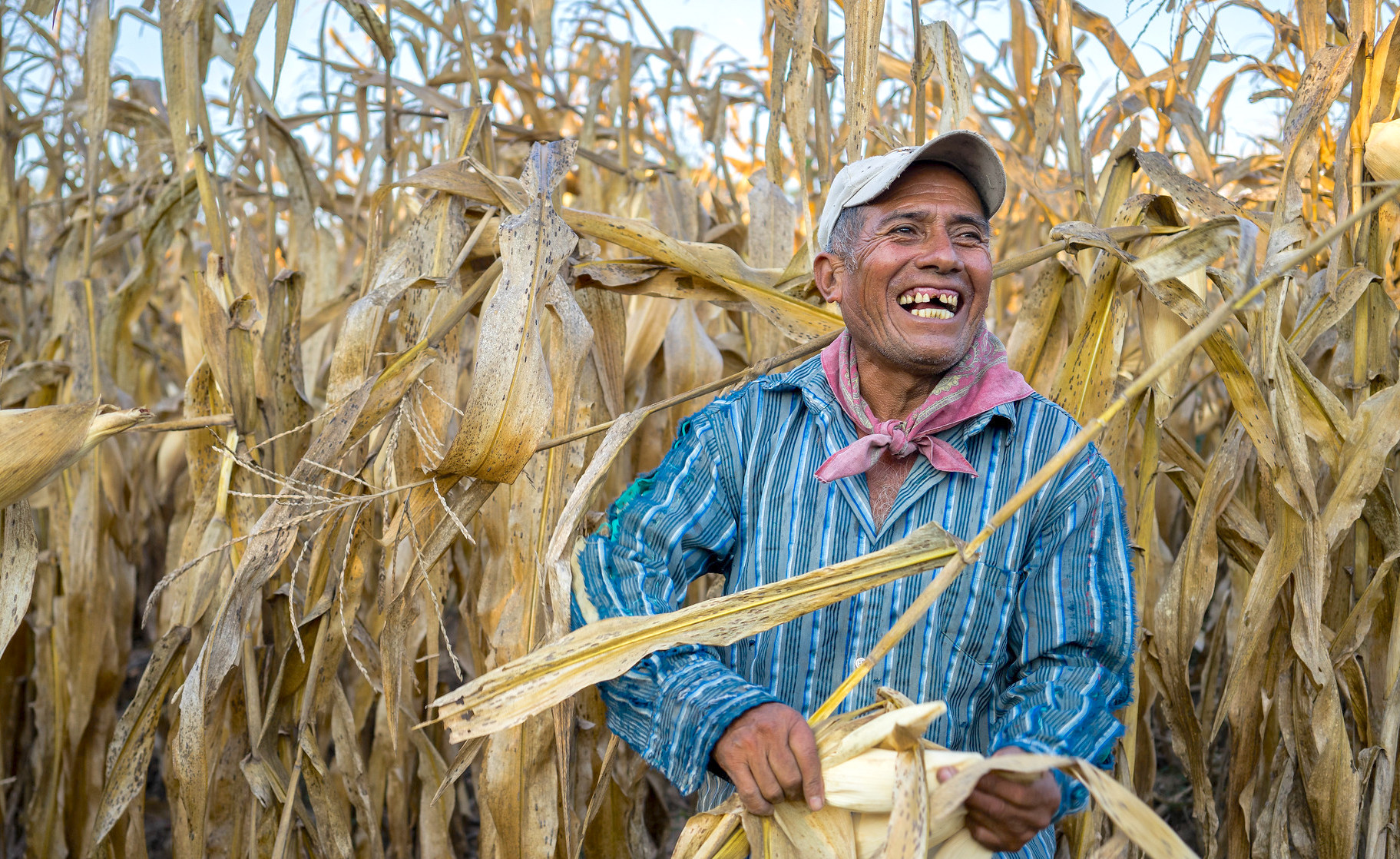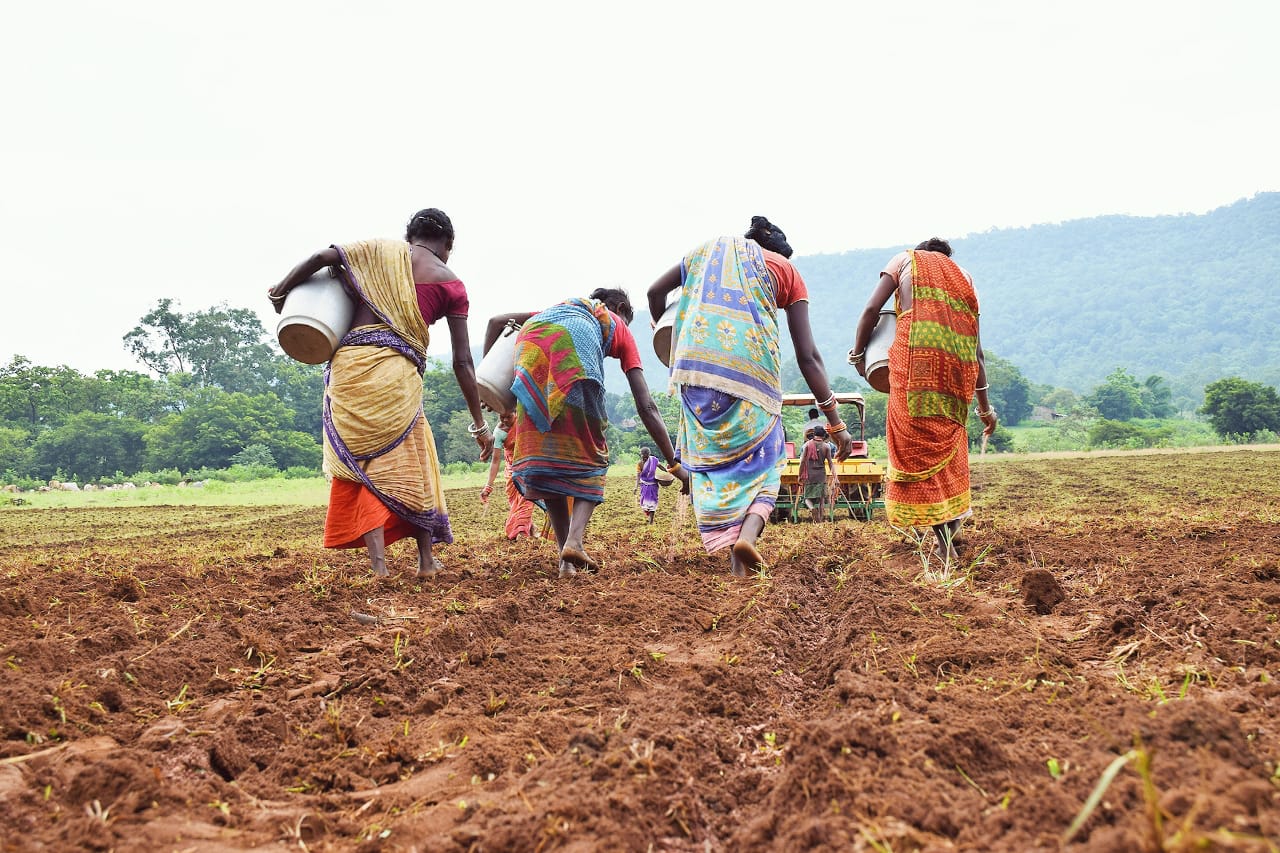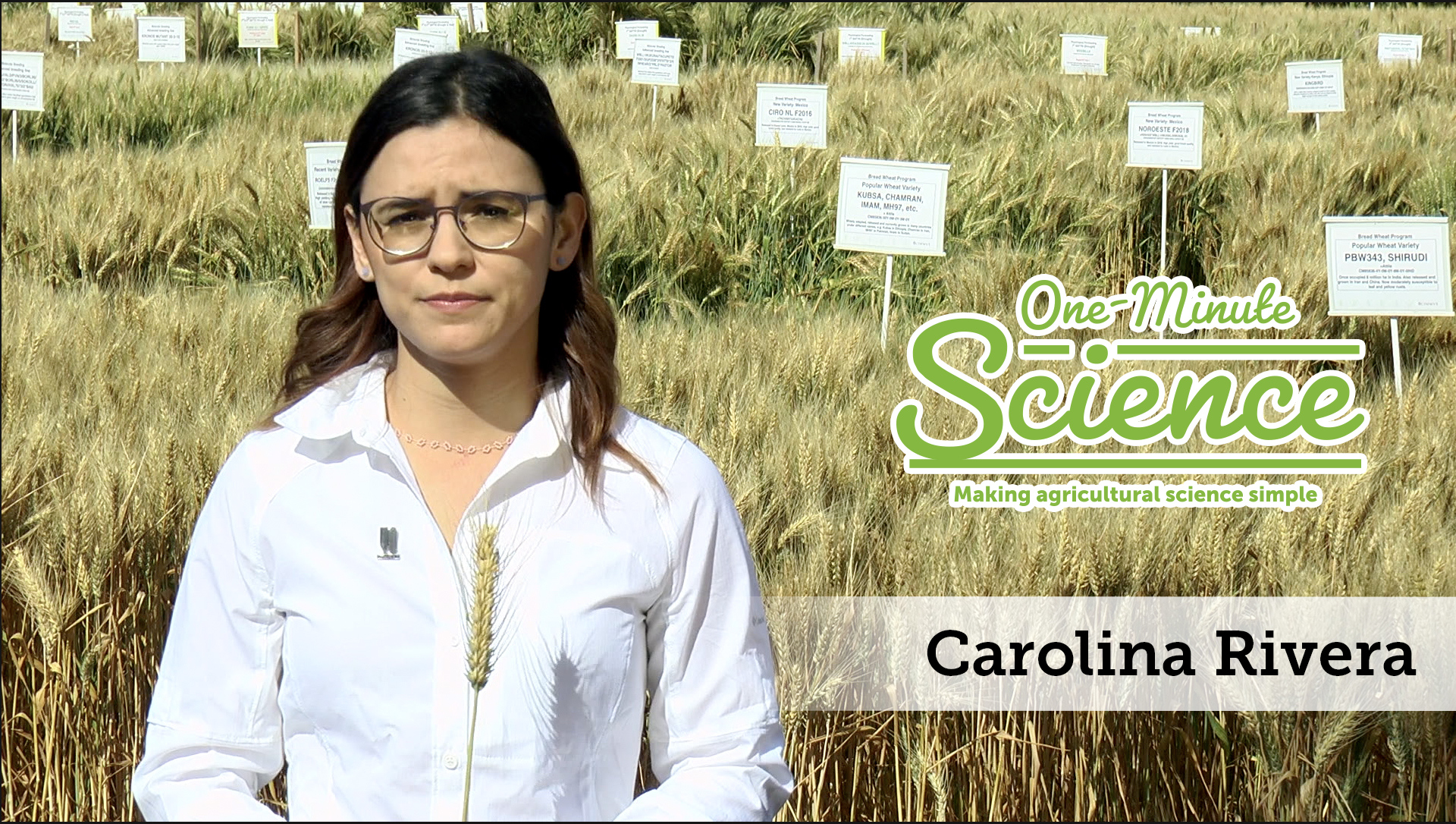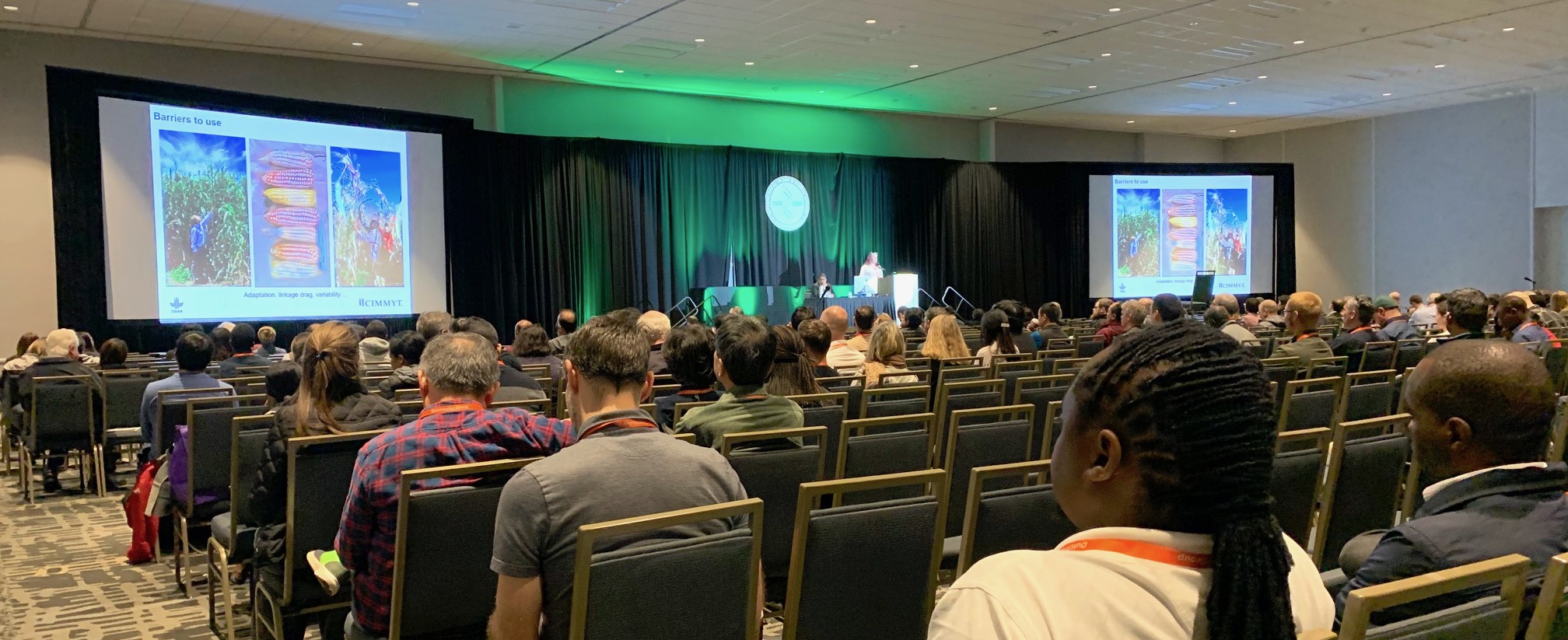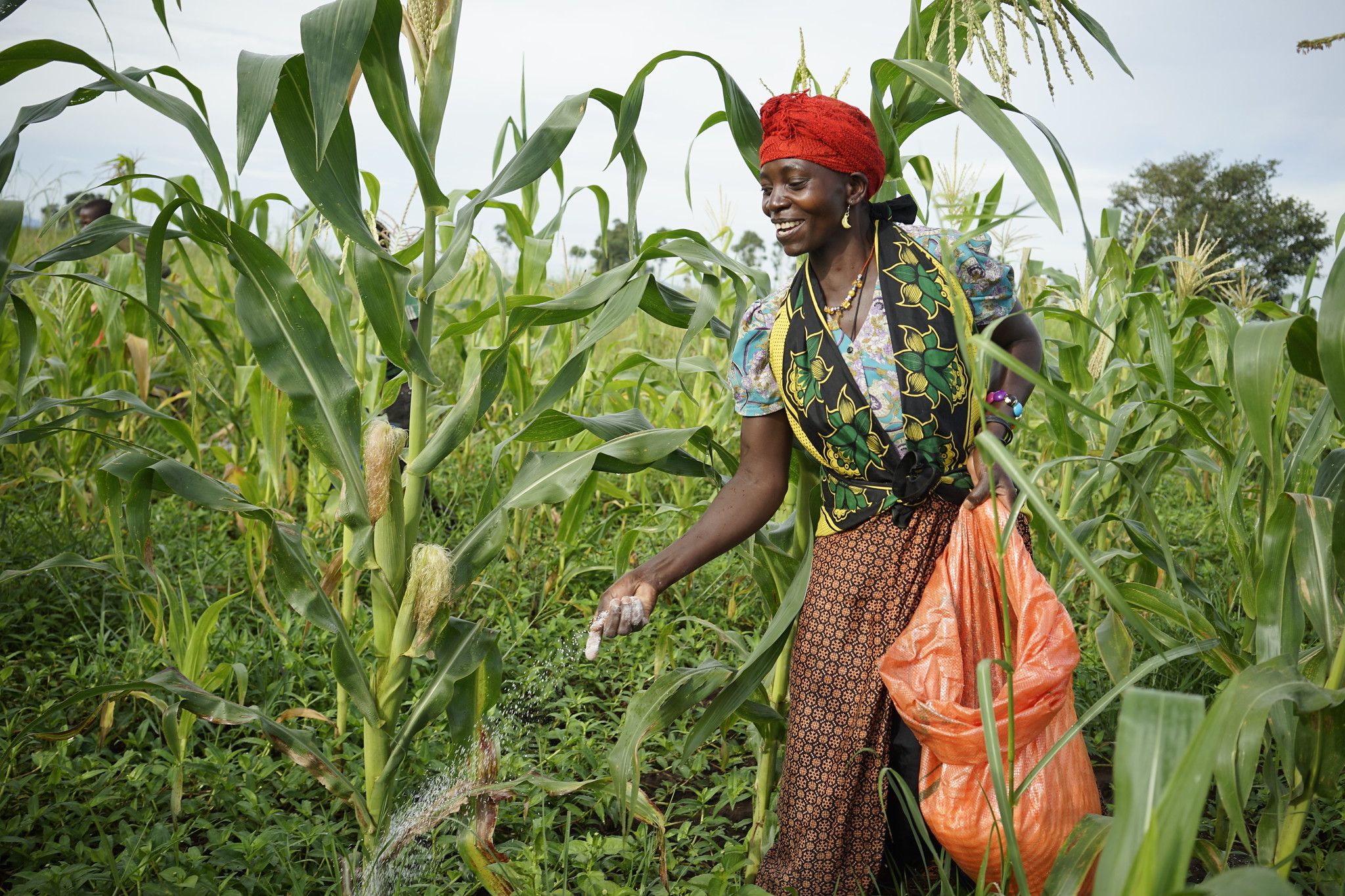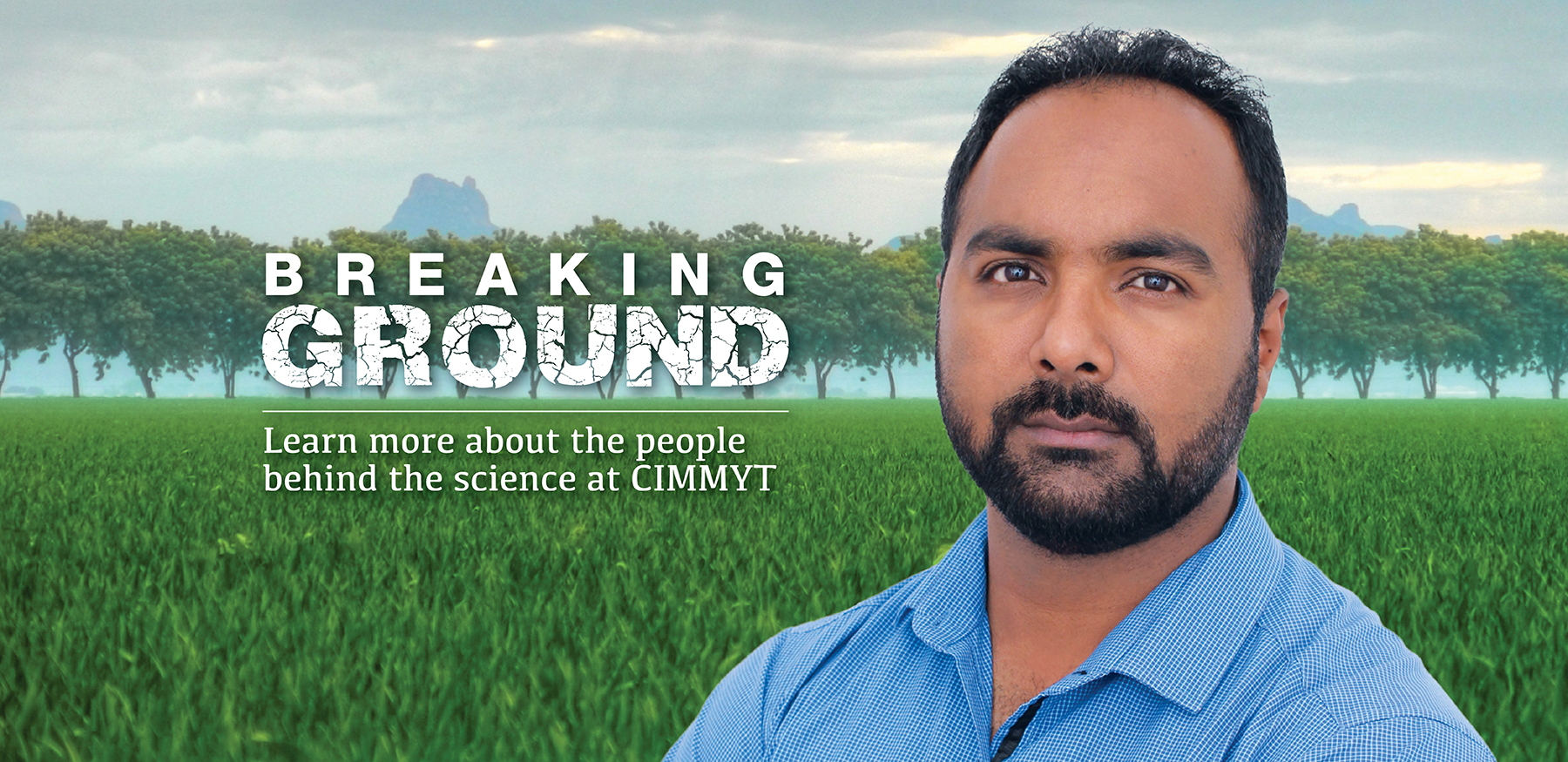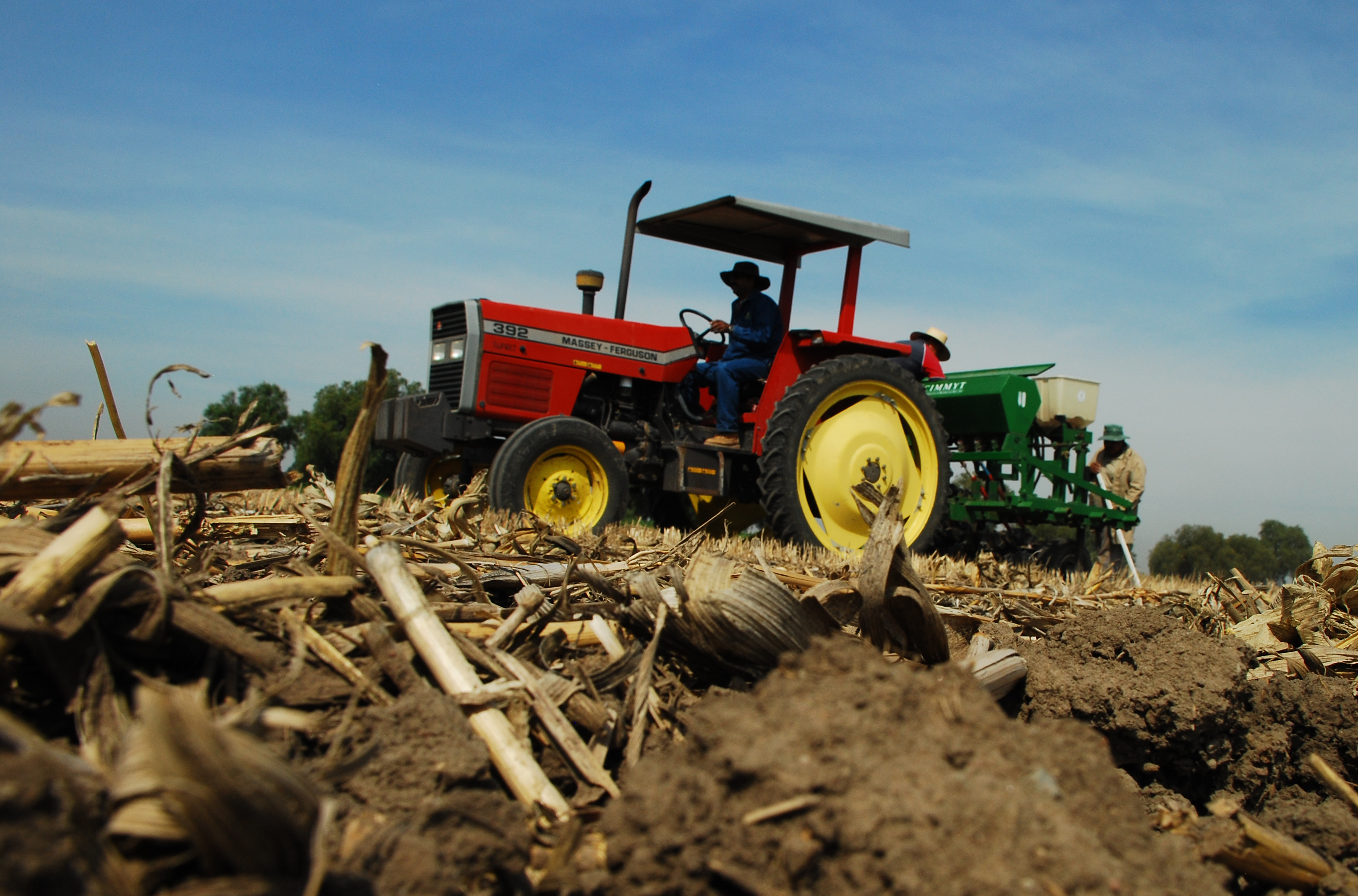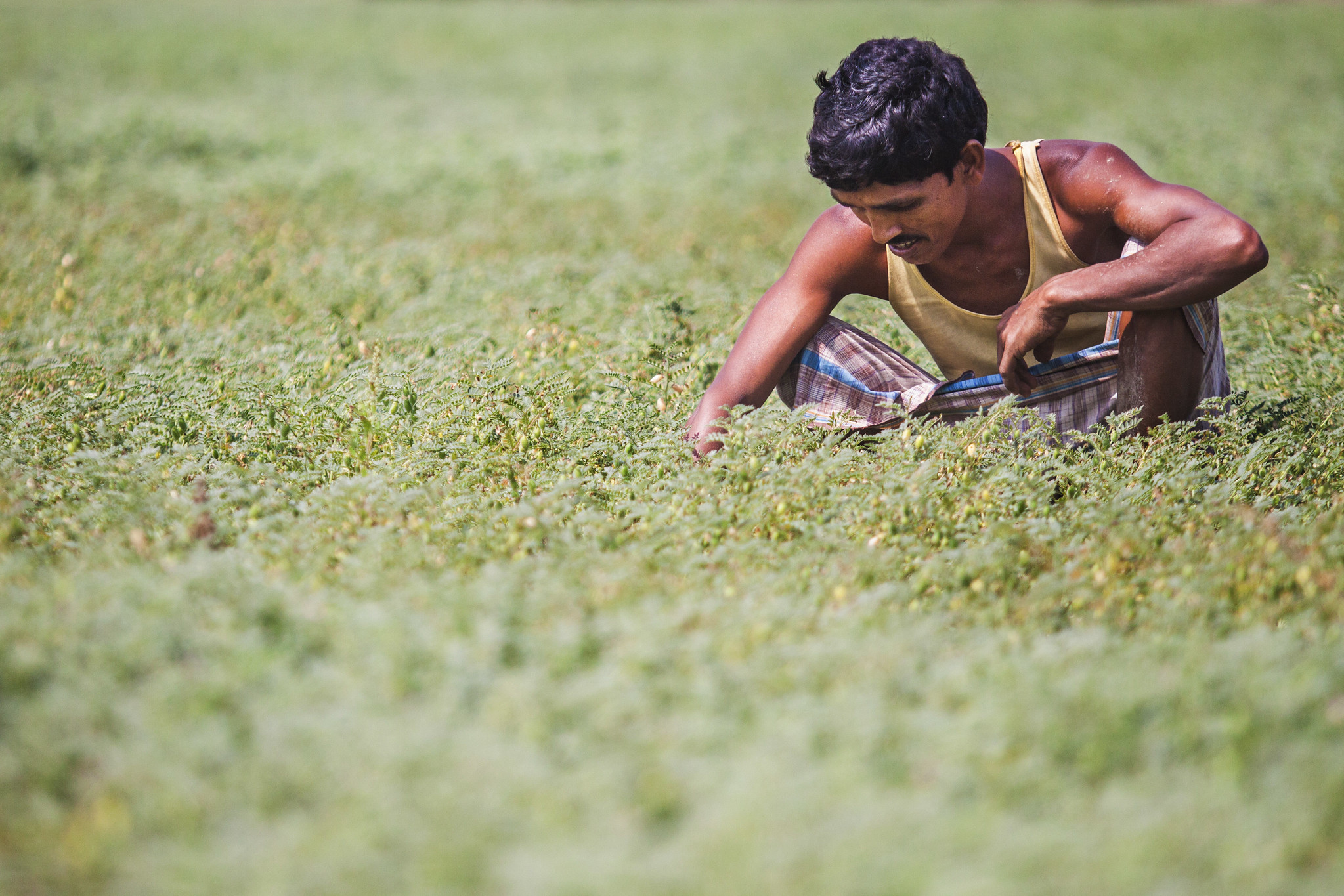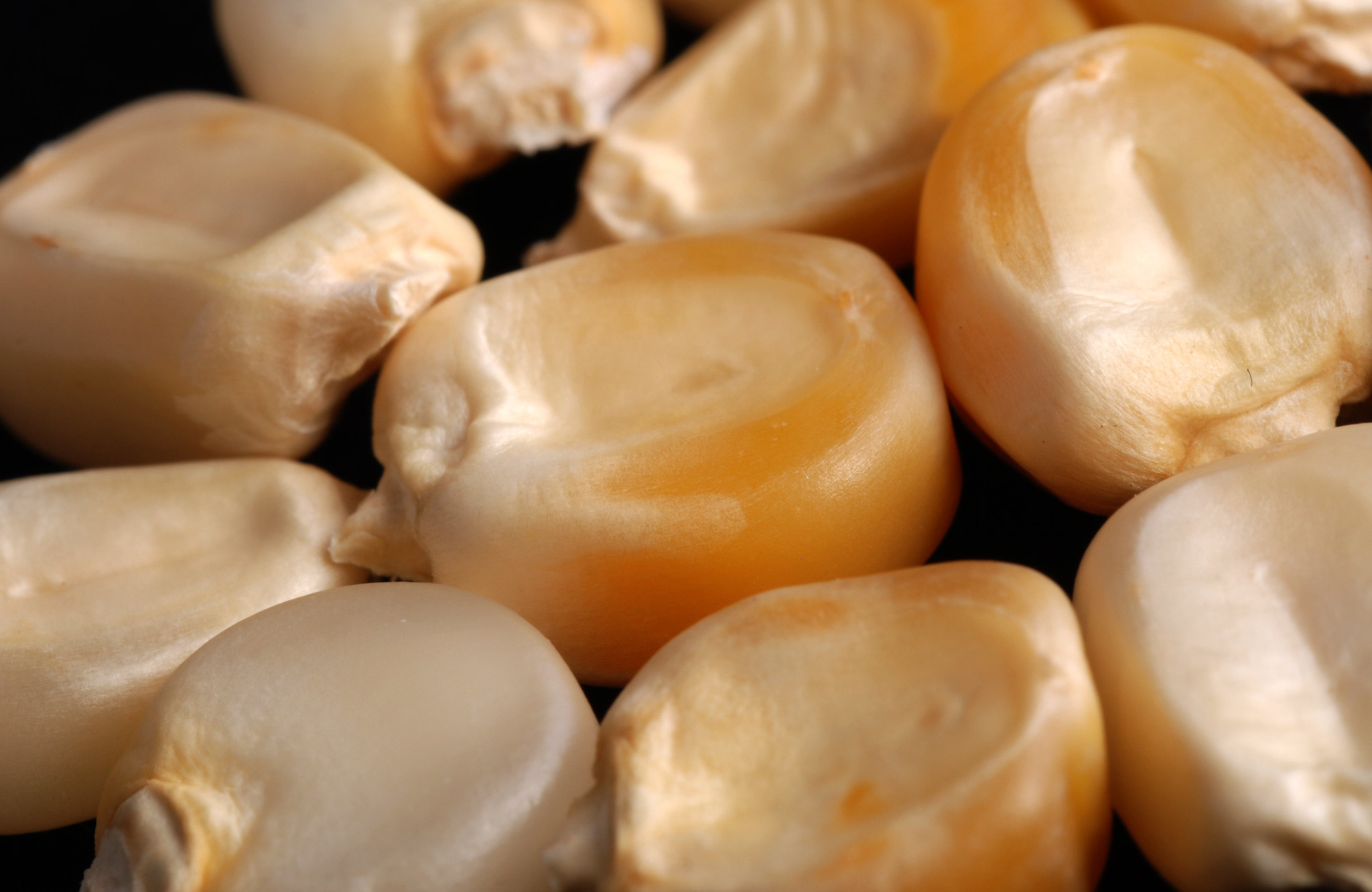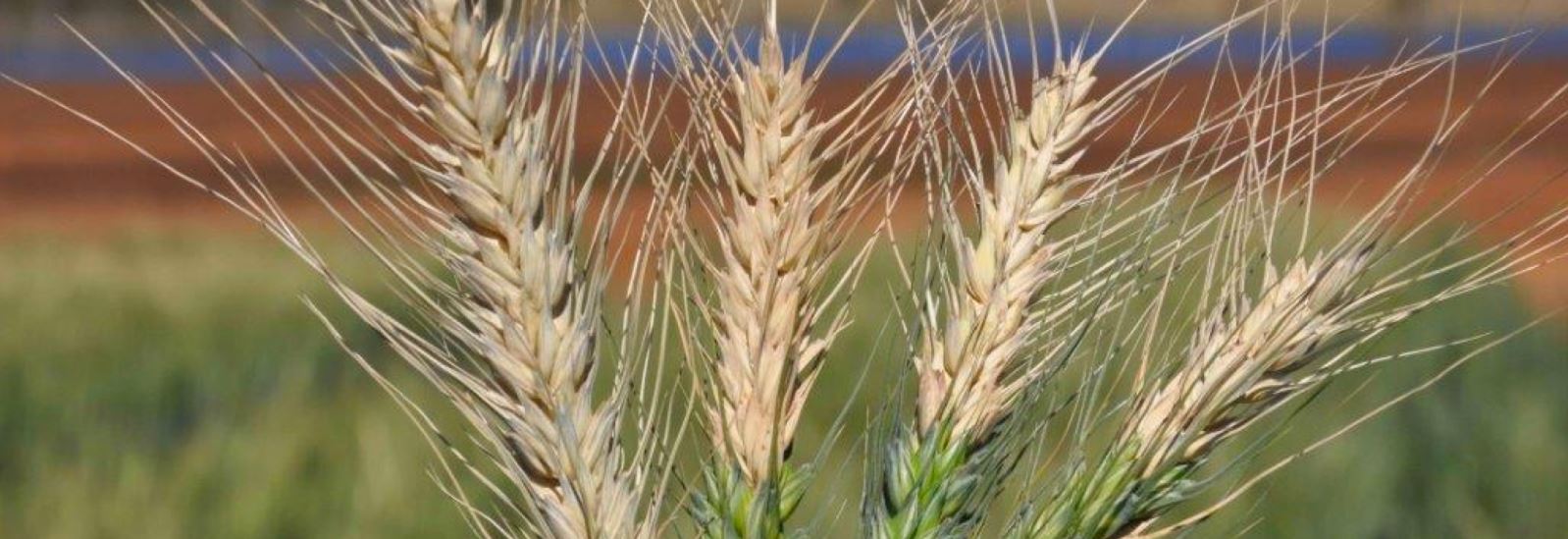CGIAR
Include small indigenous production systems to improve rural livelihoods
 Nutrition, health and food security
Nutrition, health and food security
New research recommends targeted assistance and engagement with small farmers in rural Guatemala to improve livelihoods and reduce migration pressures.
New publications: Optimum nitrogen fertilizer rates for rice and wheat in the Indo-Gangetic Plains of India
 Climate adaptation and mitigation
Climate adaptation and mitigation
The results of the study will allow farmers to get the best crop yields while saving money and reducing harmful nitrous oxide emissions.
Development of the Enterprise Breeding System well underway
 Innovations
Innovations
Piloting the system in will begin in 2020, with more advanced functions to follow in the next three years.
What is conservation agriculture?
 Climate adaptation and mitigation
Climate adaptation and mitigation
Farmers are increasingly adopting conservation agriculture practices. This sustainable farming method is based on three principles: crop diversification, minimal soil movement and permanent soil cover.
A wake-up call for the fertilizer industry
 Climate adaptation and mitigation
Climate adaptation and mitigation
At international conference, plant nutrition experts highlight the important role of sustainability.
One-minute science: Carolina Rivera explains wheat physiology
 Innovations
Innovations
Growing the right wheat varieties is necessary to nutritiously feed a growing population in the context of environmental stress.
CIMMYT scientists join fellow experts in San Diego for world’s largest plant and animal genomics conference
 Innovations
Innovations
Researchers share their work translating the latest molecular research into breeding solutions for better maize and wheat varieties.
Study calls for better understanding of fertilizer prices faced by African smallholder farmers
 Innovations
Innovations
Scientists use spatial price prediction models to estimate local prices that might be more relevant than the national average.
New international partnership to identify and develop resistance to dangerous wheat disease
 Nutrition, health and food security
Nutrition, health and food security
China-based CIMMYT-JAAS screening station aims for global impact in the fight against deadly Fusarium head blight.
Making seed systems work for men and women
 Gender equality, youth and social inclusion
Gender equality, youth and social inclusion
Seed systems play a major role in Africa’s agricultural transformation — but are they gender-friendly?
Breaking Ground: Mandeep Randhawa fights wheat diseases using genetic resistance tools
 Capacity development
Capacity development
CIMMYT wheat scientist explores new sources of rust resistance to create new rust-resistant wheat varieties.
New publications: Durum wheat selection under zero tillage increases early vigor and is neutral to yield
 Innovations
Innovations
Researchers demonstrate that CIMMYT’s durum wheat lines can be grown, bred, and selected under zero tillage or conventional tillage conditions without negatively affecting yield.
Policy brief highlights opportunities to promote balanced nutrient management in South Asia
 Environmental health and biodiversity
Environmental health and biodiversity
CSISA publishes policy and research note on how to develop balanced nutrient management innovations in the region.
Prevention is better than cure
 Innovations
Innovations
Amos Alakonya talks pests, procedure, and why everyone should be concerned about seed health.
What is wheat blast?
 Nutrition, health and food security
Nutrition, health and food security
Wheat blast is one of the most fearsome and intractable wheat diseases in recent decades. It spreads through infected seeds, crop residues as well as by spores that can travel long distances in the air, posing a major threat to wheat production in tropical areas.
